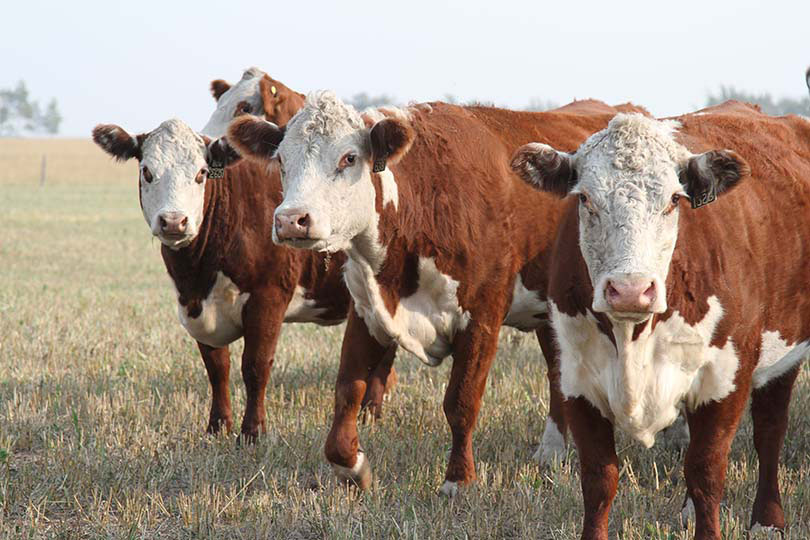By Jessica Domel
Multimedia Reporter
Ranchers, researchers and other leaders in the beef industry across the globe are invited to apply now for Texas A&M University’s inaugural International Beef Academy (IBCA).
The advanced online course will begin in September and continue through July 2019.
“It’s going to be a certificate program to advance the knowledge in beef cattle production for industry professionals, for producers and for anyone that works with beef cattle anywhere,” Dr. Reinaldo Fernandes Cooke, associate professor at Texas A&M University, said in an interview with the Texas Farm Bureau Radio Network. “It’s going to have nine modules going from cattle nutrition to cattle reproduction, quality of beef products and safety of beef products.”
The academy will includes hands-on experiences at Texas A&M and on a commercial cattle operations.
The graduation ceremony will be held during the annual Beef Cattle Short Course.
“It’s going to be an advanced learning opportunity. People that are wanting to take the academy have to have a basic knowledge in beef cattle production. In terms of level of learning, it’s going be beyond other grad beef cattle production classes,” Cooke said. “It doesn’t mean that the students have to have a bachelor’s degree in animal sciences, but they have to have experience in beef cattle production.”
The academy will offer the latest, innovative technologies in beef cattle production.
“This is something that’s unique across the globe—an advanced learning experience that is going to be relevant to every single location in the planet. The way we’re building the courses is we have the fundamentals that are similar across all regions of the planet, but then we’re going to go specifically in terms of technologies that are going be adopted in different parts of the globe,” Cooke said. “With that, we want to make the academy something relevant to people across the planet. That’s why we call it the International Beef Academy.”
Due to the personalized nature of the course, space is limited.
“I want to talk to every single student. We’re going to meet every week using online platforms, and hopefully, they’re all going to come to campus at the end of the program so we can meet in person,” Cooke said. “They’re going to be here for about 10 days for hands-on training. To have that customized experience, we’re limiting the class size, so we can provide a one-to-one service and really tailor the academy to the needs of each student.”
The nine modules are: global beef production, cattle welfare and behavior, forage production and utilization, nutritional management and requirements, reproductive physiology and management, breeding and genetics, immunology and herd health management, safety of beef products and carcass and beef quality.
To earn a certificate, a student must complete at least six of the nine modules.
“Our goal is to have a balanced group of students from different regions of the globe,” Cooke said. “They can not only share the information with some of their clients, their students, their colleagues, their neighbors, but also recruit new students to the academy for the future. We’re looking for students that are really willing to learn from the best, and this is what the academy is about.”
A fee structure and payment options for IBCA is here.
Cooke encourages anyone with questions to email ibca@tamu.edu.

